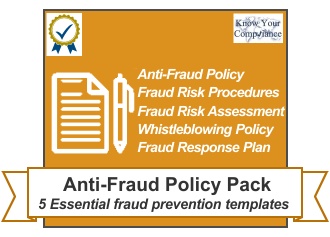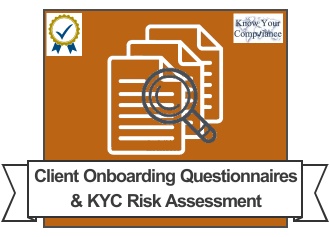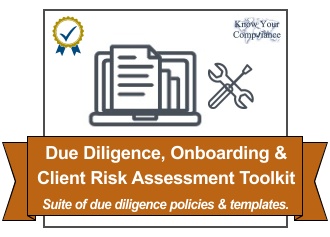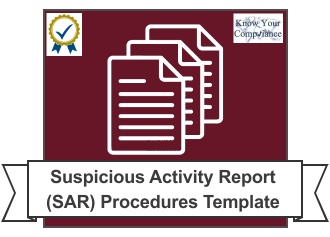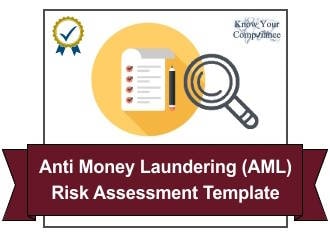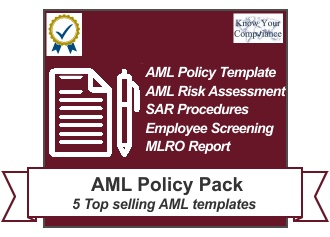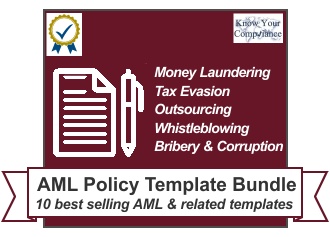Eye Watering FCA Fines for MLR Breaches
The Financial Conduct Authority (FCA) handed out over £13million in fines in June 2022 in relation to breaches of the Money Laundering Regulations (MLR). For  firms with obligations under the MLR who are also regulated by the FCA, the regulator is a Supervisory Authority with the power to investigate and sanction criminal and civil breaches of the Regulations.
firms with obligations under the MLR who are also regulated by the FCA, the regulator is a Supervisory Authority with the power to investigate and sanction criminal and civil breaches of the Regulations.
The enormous fines last month were handed out to Ghana International Bank Plc and JLT Specialty Limited. As both companies agreed to resolve the matter without dispute, they qualified for a 30% (stage 1) discount under the executive settlement procedures. This saw them fined £5,829,900 and £7,881,700 respectively.
Staggering Money Laundering Fines
The FCA concluded after their investigation that both firms failed to establish and maintain effective and adequate controls and policies for monitoring and preventing financial crime. These 2 organisations join several other banks and companies who, over the past 12 months, have amassed a staggering £226,274,800 in FCA fines related directly to MLR breaches.
Even more astounding is that this figure does not include the eye watering £264,772,619 fine levied by the courts upon National Westminster Bank Plc after the FCA successfully prosecuted the bank for 3 offences of failing to comply with the Money Laundering Regulations.
Money Laundering Prevention
There has never been a more important time for businesses of all scopes and size to ensure that their controls and policies for preventing money laundering are up-to-date, effective and fit for purpose. Regardless of your industry or size, if you have obligations under the Money Laundering Regulations, you are required by law to document your policies and procedures and ensure that you are complying with the Regulations and your Supervisory Authority rules.
Join hundreds of firms who have read our article “What AML Documents Do I Need?” to find out how to comply with the Money Laundering Regulations and meet the requirements set out by Supervisory Authorities such as the FCA and HMRC.

